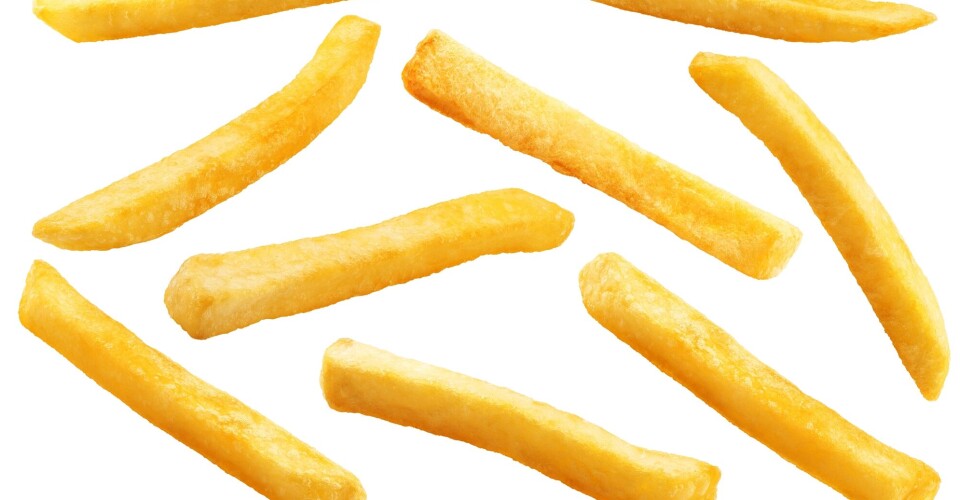Are dates and honey healthier than sugar?
ASK A RESEARCHER: Natural sweeteners are often used as substitutes for white sugar in cooking and baking. But does this actually make the food healthier?
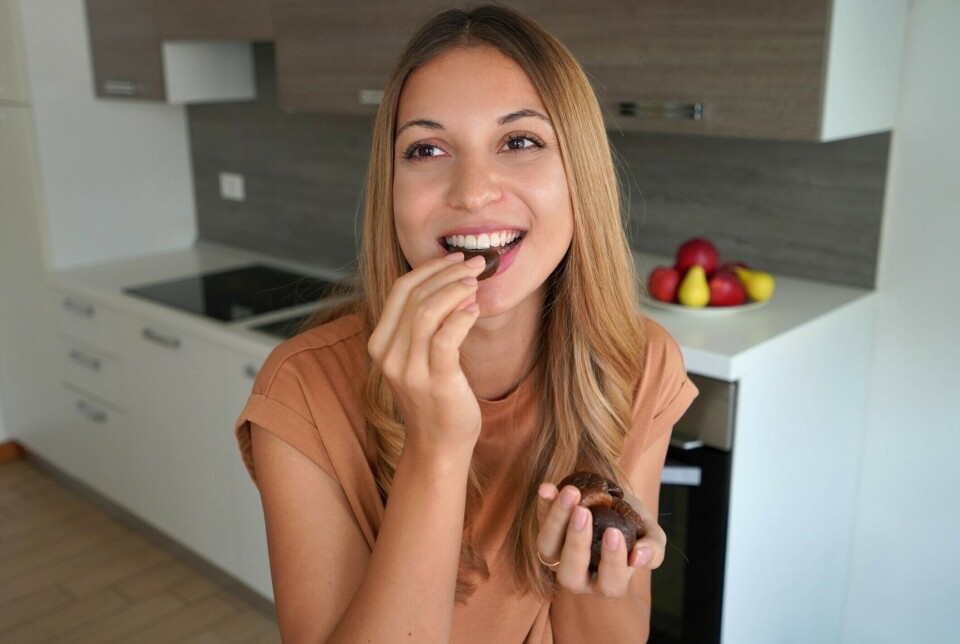
We consume too much sugar. 40 per cent of Norwegian adolescents consume more added sugar than recommended.
Sugar should make up no more than ten per cent of our total energy intake – preferably even less, according to the Norwegian Directorate of Health (link in Norwegian).
This includes both added sugar and sugar that is naturally found in fruit and vegetables.
A new study shows that where you get your sugar from actually matters. Eating cake, for example, is better than drinking sugary drinks.
But what about dates and honey? Is it better to stir a dash of honey into your tea than a teaspoon of sugar?
Alternatives are not better
“It’s true that alternatives to sugar are popular right now,” says Mari Mohn Paulsen, a researcher at the Norwegian Institute of Public Health's Centre for Sustainable Diets.
Influencers and nutrition experts share recipes using dates and honey instead of sugar.
“But these alternatives aren’t that much better,” says Paulsen.
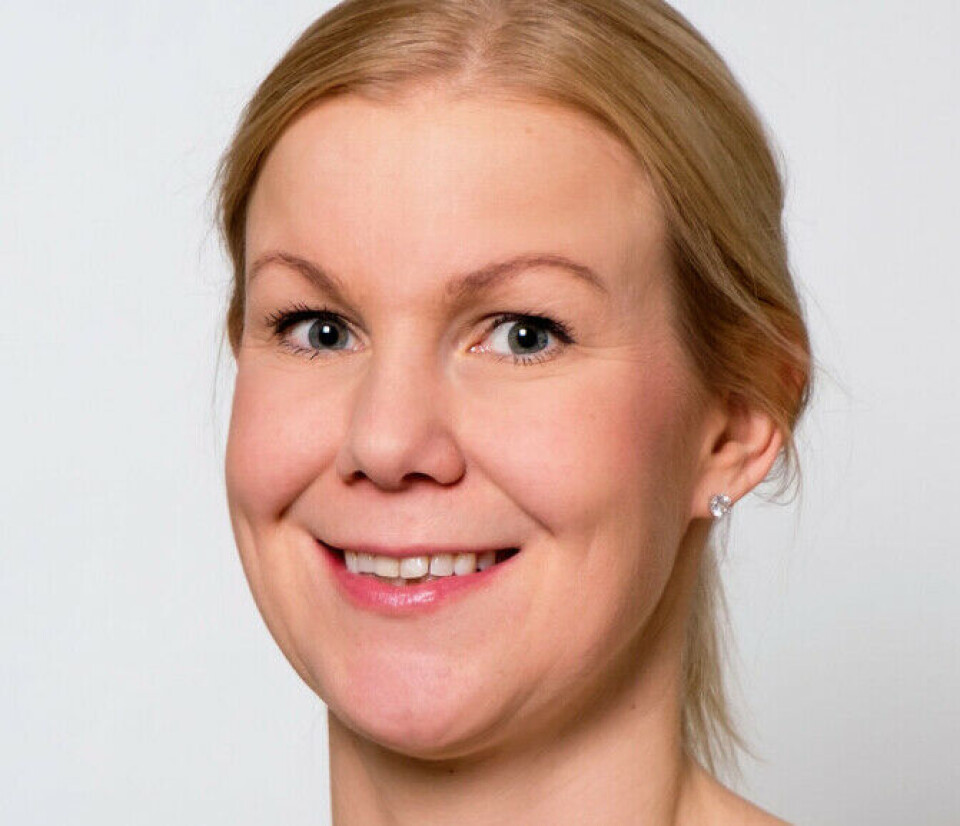
The difference between added and free sugars
The Norwegian Directorate of Health uses the terms added sugar and free sugar.
Added sugar is what we typically think of as white sugar, meaning sucrose. It also includes fructose and glucose. A simple rule of thumb is that this is the sugar we add to food when cooking or eating.
Free sugar, on the other hand, is the total amount of added sugar plus the naturally occurring sugars found in honey, syrup, fruit juice, and fruit juice concentrate. In other words, it includes both added and natural sugars.
Honey contains natural sugar and is therefore often presented as a healthier alternative to white sugar.
But is it really healthier?
Honey does contain certain vitamins and minerals.
“But the amounts are insignificant, and you would have to eat a huge amount of honey for them to have a real impact,” says Paulsen.
Isn't using honey in your tea a better choice?
Honey is mostly sugar.
It actually contains 80 per cent sugar, primarily glucose and fructose, says Monica Hauger Carlsen. She is a researcher at the University of Oslo's Division of Nutritional Epidemiology.
The rest consists of water and phytochemicals from the flower nectar. These are substances that give flavour and colour, which is why honey tastes stronger and sweeter than sugar.
“The taste depends on which flower nectar the bees have collected to make that particular honey,” says Carlsen.
Honey also contains small amounts of vitamins and minerals.
May contain bacteria
Like Paulsen, Carlsen believes that the nutrient levels in honey are so low that it cannot be considered a healthy food.
Honey produced in Norway is usually not pasteurised and may therefore contain bacteria that can cause illness in children under the age of one, according to Carlsen.
Nevertheless, she considers honey a traditional food product that can be included in cooking and used as a sweetener.
“You just shouldn't consume too much of it, just like with other sugary foods, because it’s energy-dense,” she says.
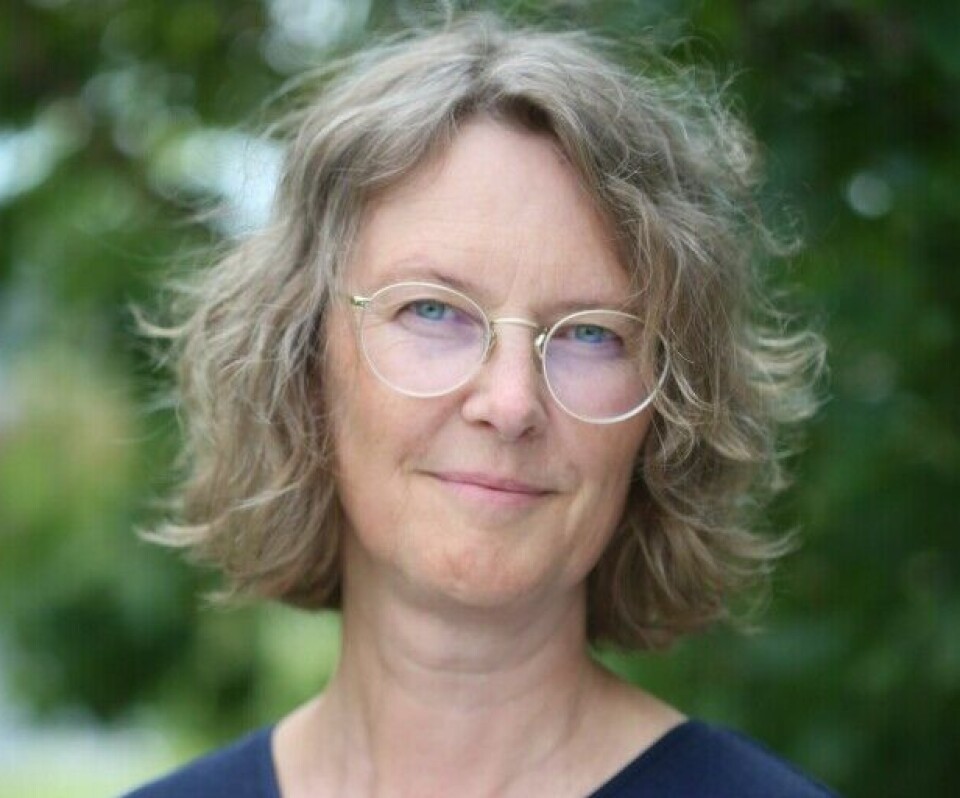
What about dates?
In modern cake recipes, such as this chocolate date cake and homemade Snickers-style treats, dates often appear as a substitute for sugar.
Are these recipes actually healthier than regular cakes and sweets?
Dates are naturally sweet and contain numerous vitamins, minerals, antioxidants, and fibre, says Paulsen.
“Occasionally eating dates as a snack, or using them in baking, can be an okay alternative,” she says.
However, dates also contain a high amount of sugar and quite a lot of energy compared to fresh fruits and berries.
So the use of dates should also be limited.
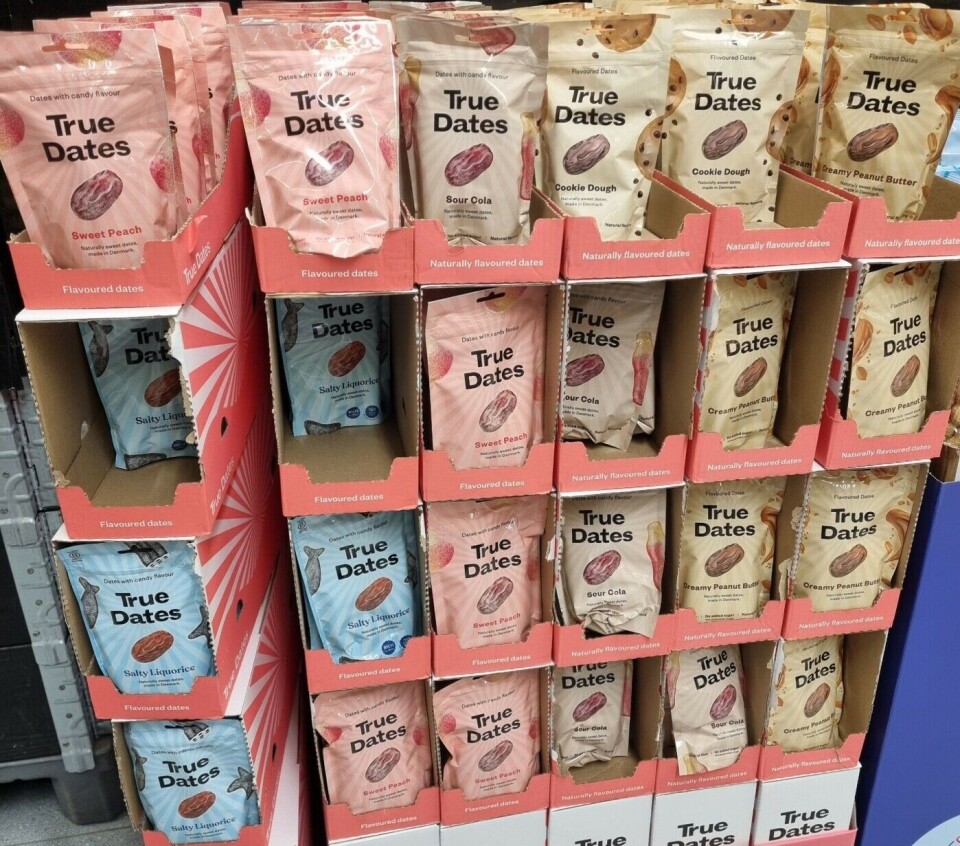
It's fine to enjoy the occasional treat
Paulsen believes that using fruit and berries as dessert, toppings for oatmeal and yoghurt, or in pastries is a good alternative to sugar.
These options give you a lot of beneficial nutrients along with the sweetness.
Paulsen generally believes that we do not need to be that concerned about finding alternatives to sugar. We should instead focus on limiting our daily intake of sweets, fizzy drinks, and cakes.
“In an otherwise healthy and varied diet, it’s fine to enjoy a piece of cake now and then, without needing to use an alternative to sugar,” says Paulsen.
———
Translated by Ingrid P. Nuse
Read the Norwegian version of this article on forskning.no
Related content:

Subscribe to our newsletter
The latest news from Science Norway, sent twice a week and completely free.









